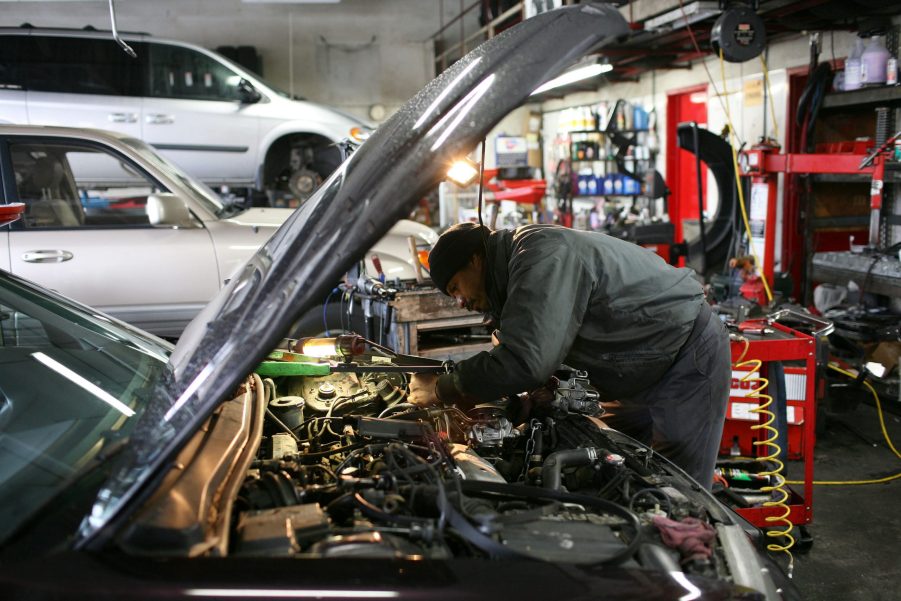
Everyone wants a reliable car. Car trouble is one of the most annoying and inconvenient problems we face in our daily lives. Many people don’t buy cars with reliability in mind despite this fact. But even the ones who do can often struggle to find how to quantify a more reliable car. So, how do you know if a car is reliable or not?

What are the most common car problems?
Many car review sites like Kelly Blue Book and Consumer Reports will rank cars on their predicted reliability based on data collected from owners of whichever model it is rating. Consumer Reports, some of the more common issues with some new cars, but there are really only a few aspects of the car that will determine overall reliability.
Obviously, the engine or motor is the beating heart of the automobile and thereby one of the main factors in reliability. If there are issues here, the car will clearly not function the way a customer should expect. This is why a strong engine or motor design is key to the success of a car model.
Take Toyota, for example; part of the reason the Japanese automaker is so well known for reliability is the excellent design of a number of engines over the years. Certain Toyota engines will run for so long that even if other parts fail, people still have interest in Toyota’s for the engine alone.
But engines aren’t the only part of the reliability equation. The most common car problems tend to come from the engine, transmission, brakes, suspension, or body/frame. It is in these aspects of a car where true reliability is either achieved or failed.
Cars have to stay cool to be reliable
Although cooling technically falls into the engine category, it is mostly tangential. Although air cooling exists, most engines can’t rely on airflow to cool them efficiently enough to keep them overheating. This is why radiators exist, to cool your car’s engine with liquid coolant. If a car’s cooling system fails, then the engine will quickly follow.
How common are transmission issues?
When looking for a new car, it pays to learn the issues that previous models had. Transmission issues can be tough to spot sometimes. Often, a failed transmission can be traced back to poor driving, particularly with manual transmissions. Clutch failure is one thing, but “gear” slipping and transmission rebuilds can even come from cars with CVTs which don’t even have gears, like a normal transmission.
Don’t forget about undercarriage issues
Not all car problems are mechanical. If you have ever shopped for older SUVs, you’ve likely come across a Jeep or some other body-on-frame truck or SUV that needs new CV joints or has a banged-up differential.
These are issues that can be more easily hidden because the car or truck can usually start-up and even drive under the right conditions. Just because a car’s engine is good doesn’t mean it’s reliable.
We saw the 2021 Ford F-150 customers report rust issues within months of ownership. They ran fine, but if left untreated, would eventually rust through. Just because they run fine doesn’t make them reliable.
What are the most reliable car brands?

When car shopping, you have to consider reliability. Although these tips are only a few of the things you need to keep an eye out for, you can also just focus on certain brands or models that people have reported as being reliable for decades.
Talking about Toyota’s reliability is beating a dead horse. Still, Toyota has built its brand and reputation on making tough 4x4s and economical sedans that regularly stay road-worthy for hundreds of thousands of miles and multiple decades. Other notable reliability brands include Honda, Kia/Hyundai, and Subaru.
Happy hunting. And, don’t be afraid to crawl under a car or truck and give it a few good taps.



